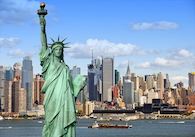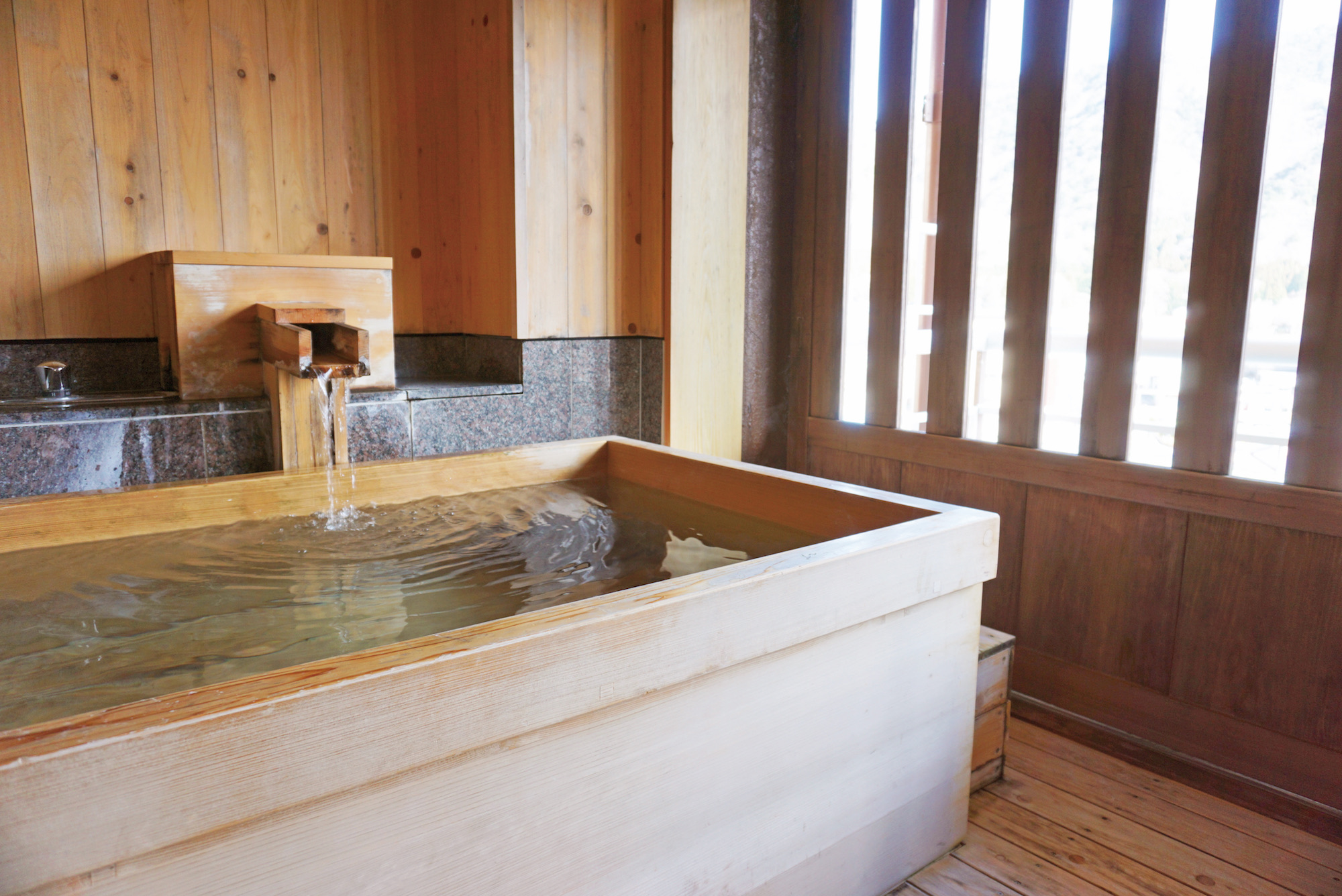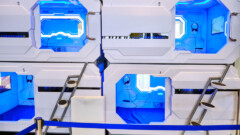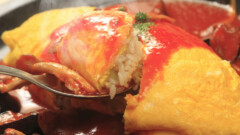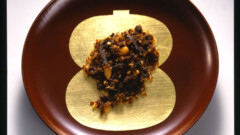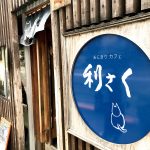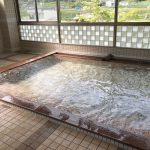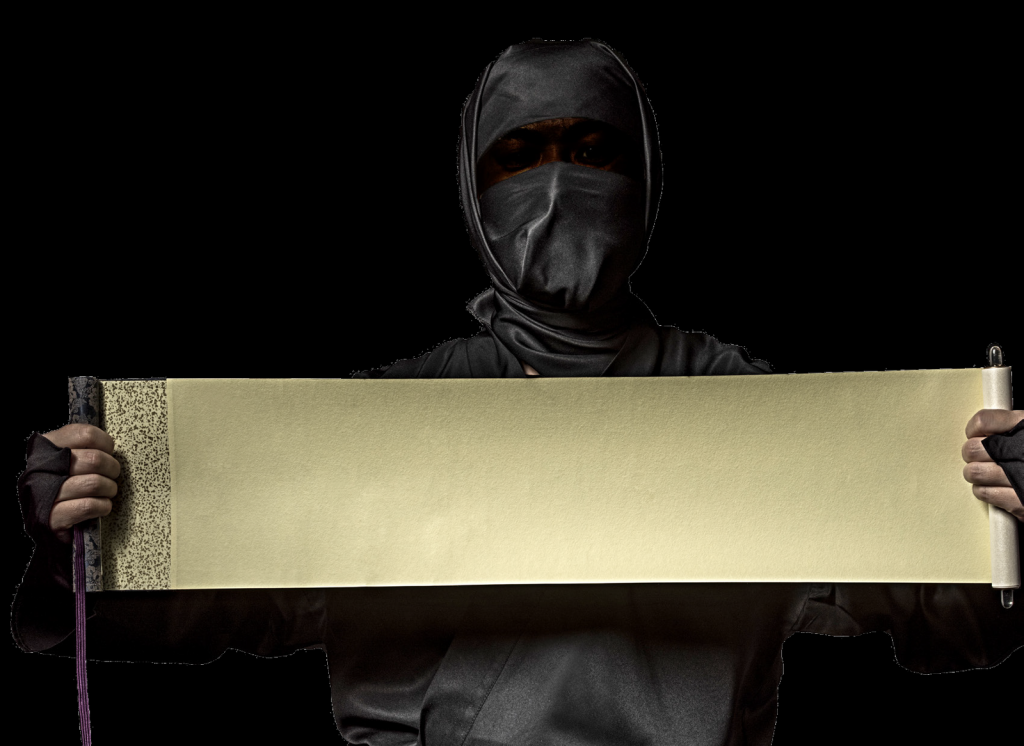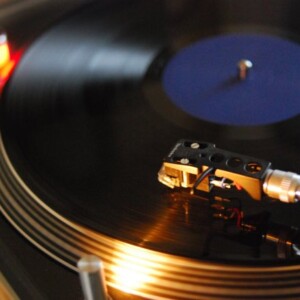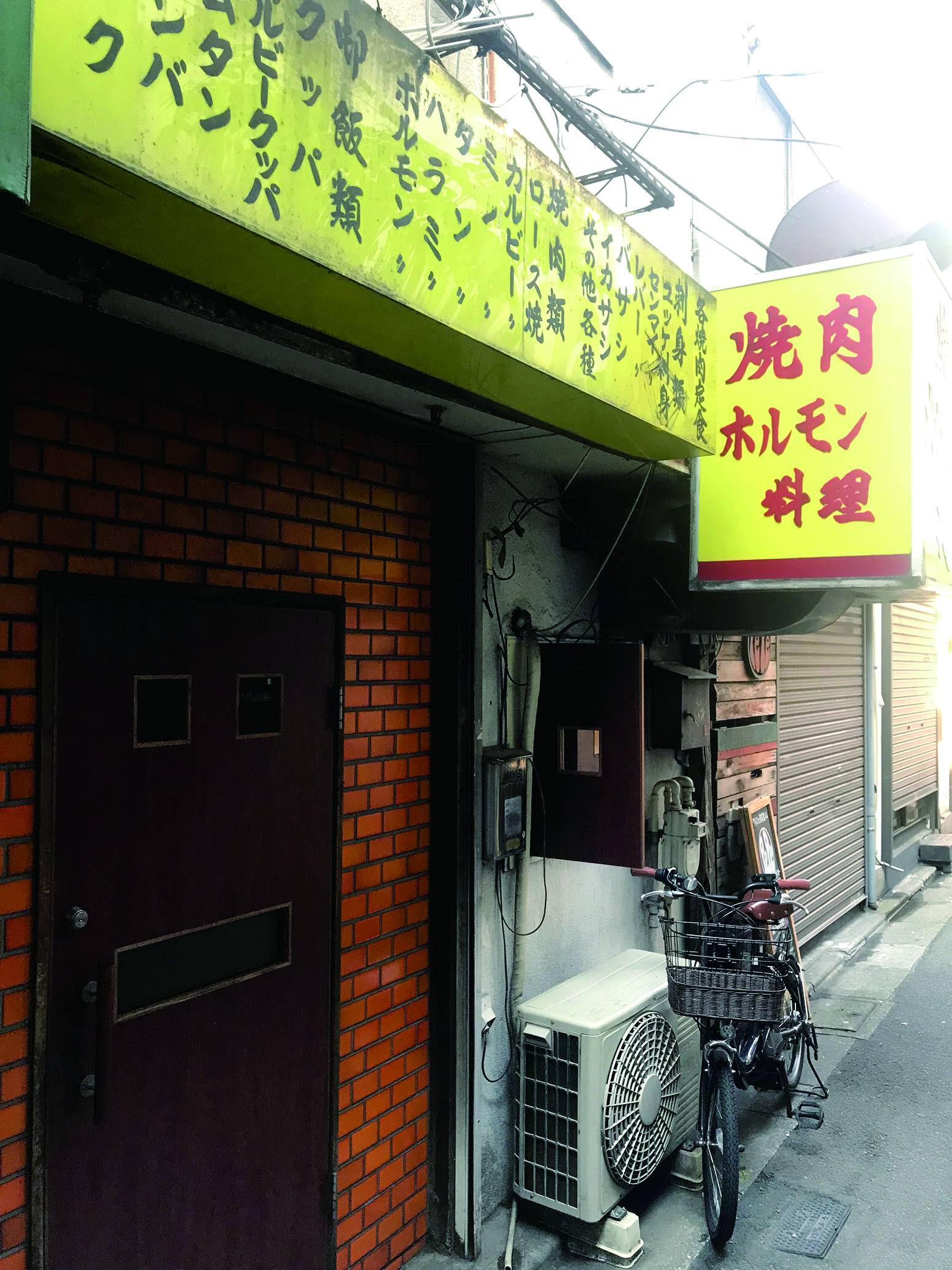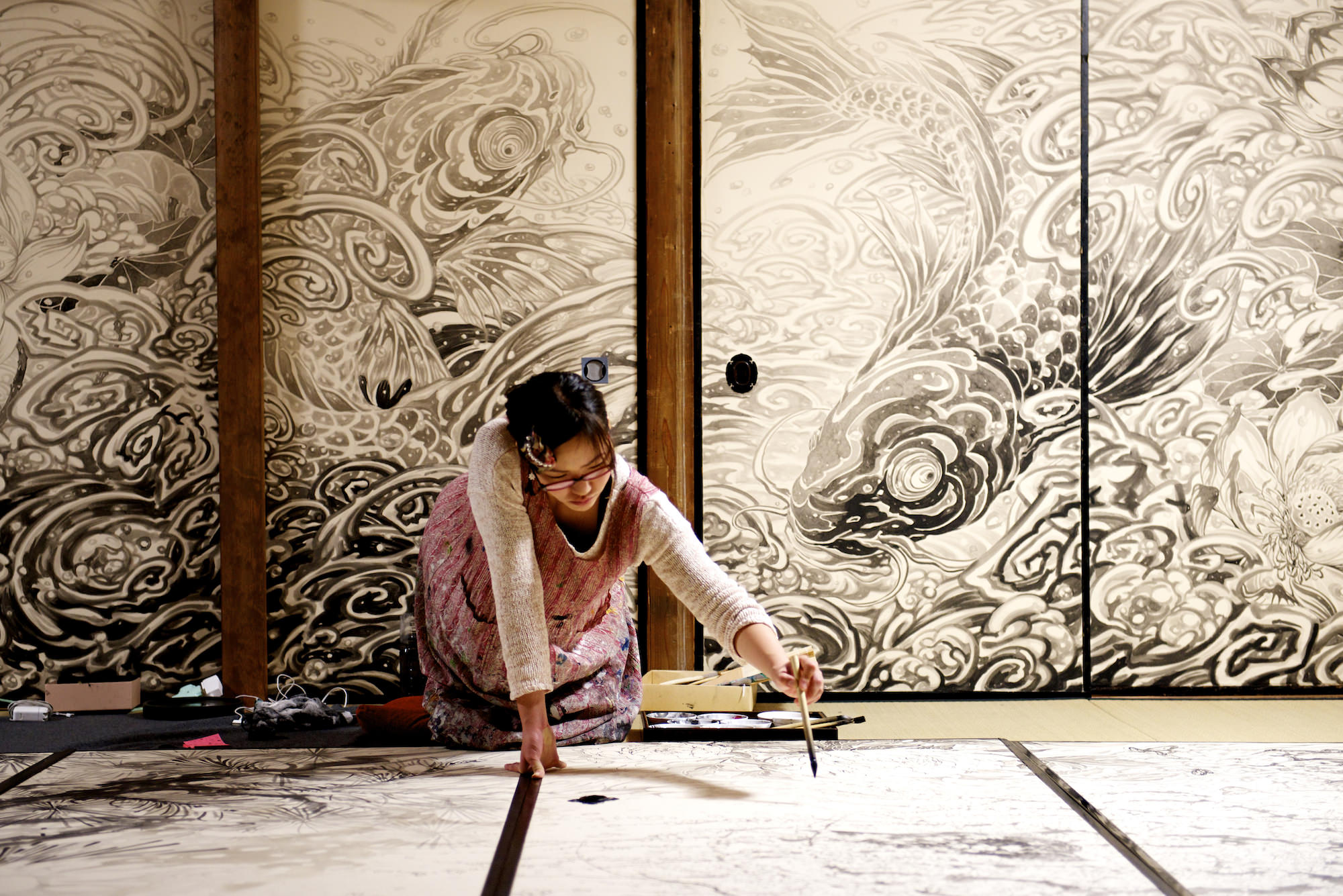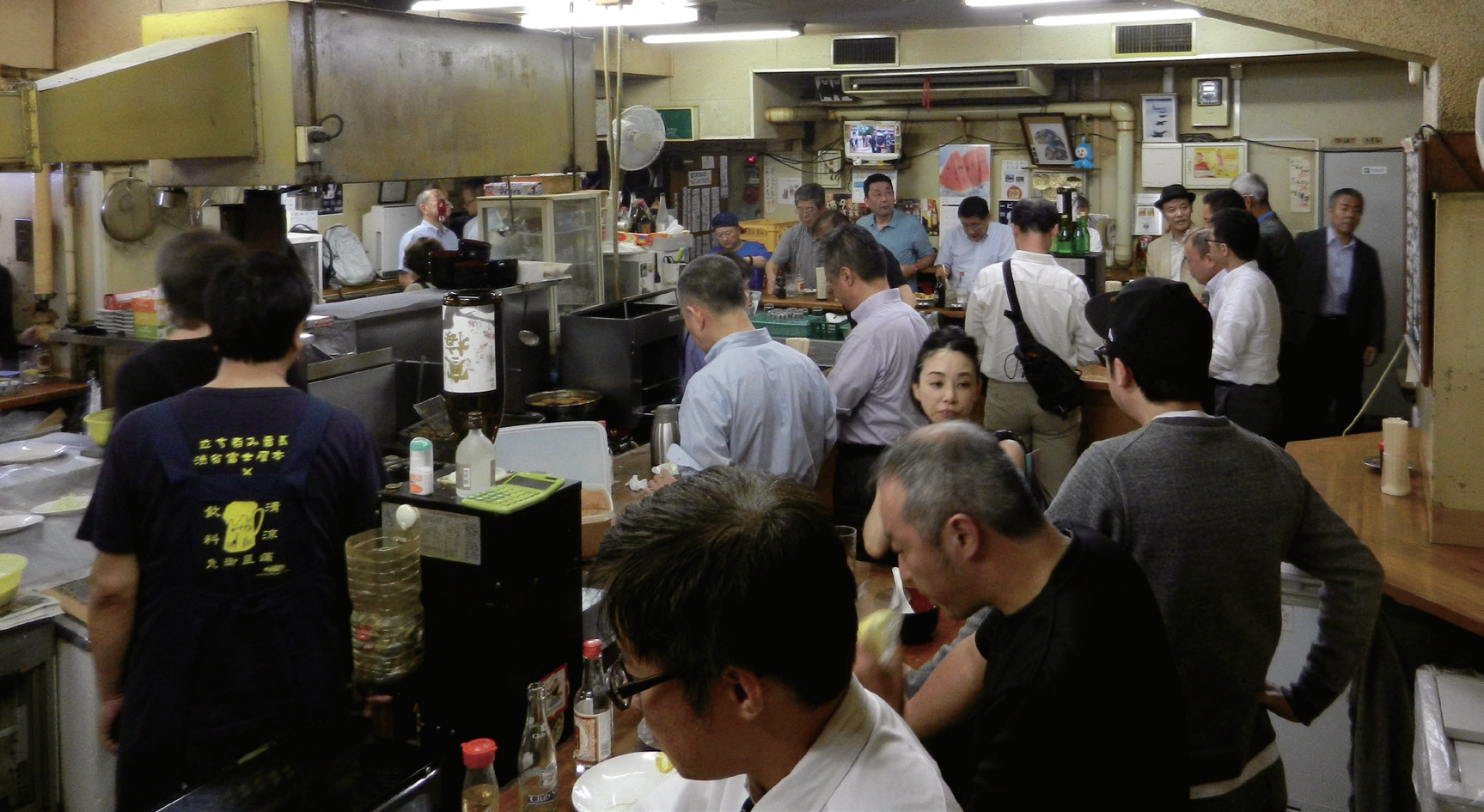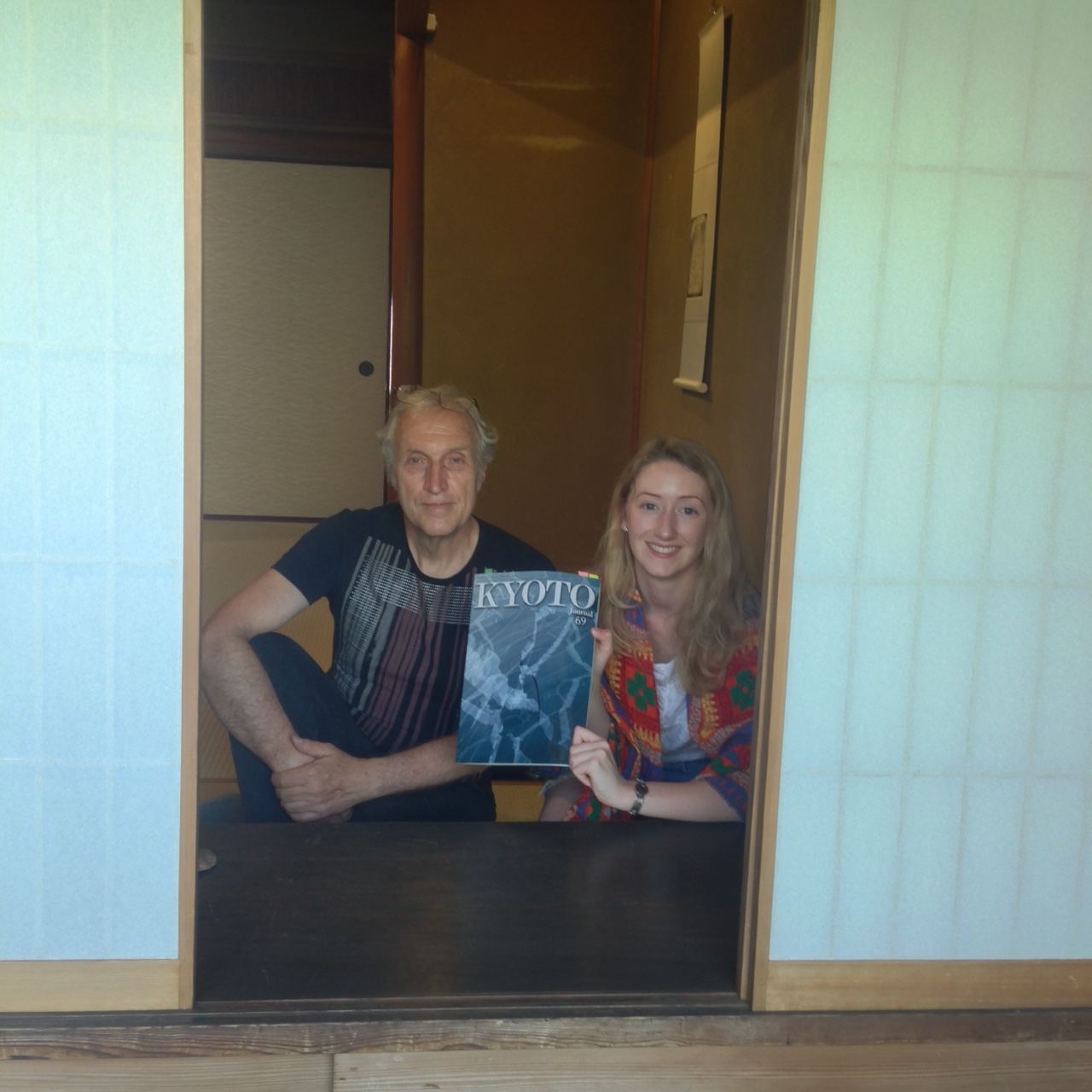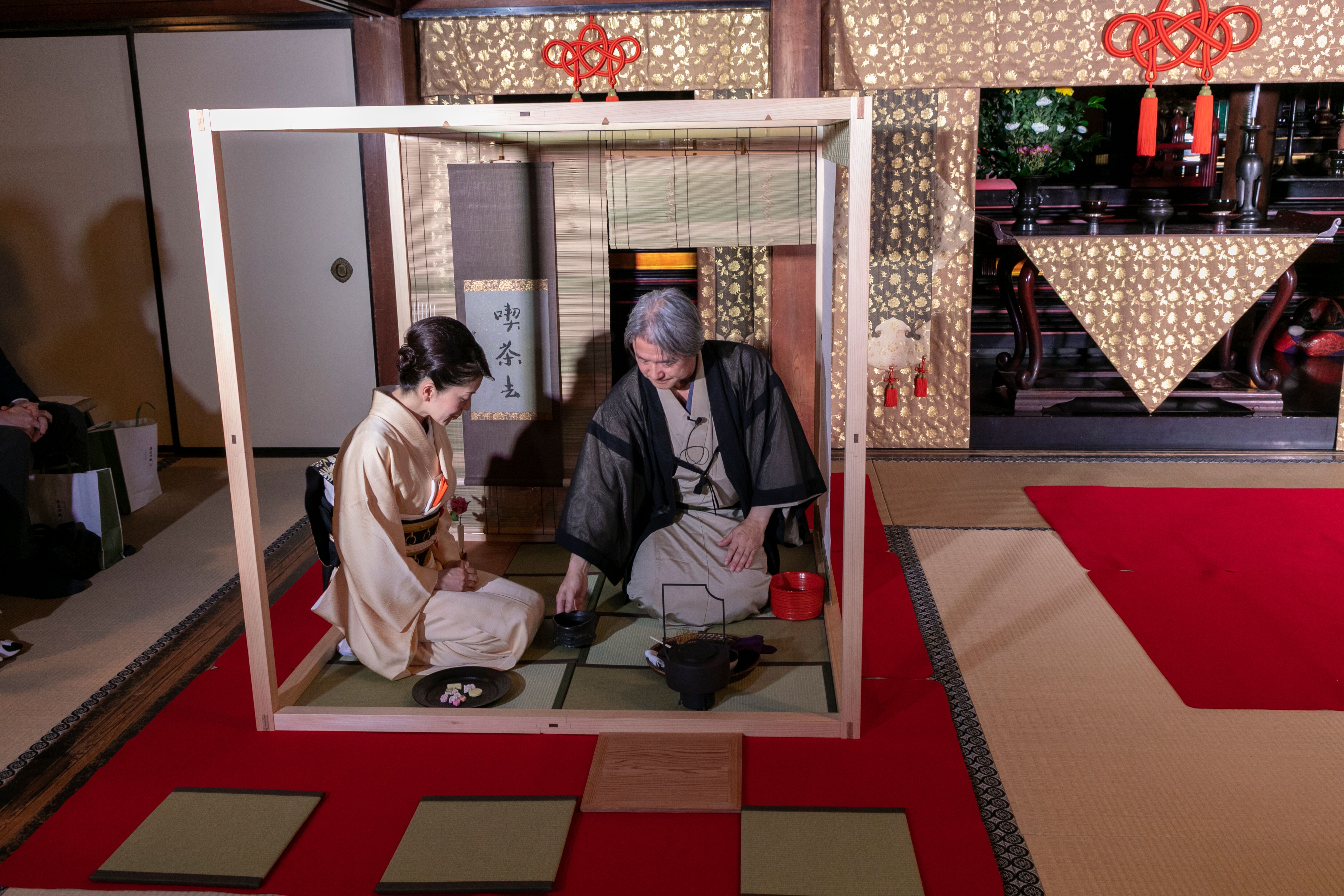Japan’s Onsen Are ‘Kimochi Ii’
Let your mind and body unwind in the soothing mineral waters of a Japanese hot-springs bath, known as an onsen. The experience inevitably induces exclamations of “kimochi ii” or “it feels so good!” You’ll hear the phrase as soon as a tired soul sinks his or her body into the bath, immediately letting the day’s stress float away with the steam.
An onsen is a bath that uses geothermally heated groundwater. Japan has a wealth of these natural baths because of its many volcanoes.
People have known of the onsen’s health benefits for a long time. Today, we have scientific proof that an onsen helps bathers reduce stress and recover from physical exhaustion, but this is one thing our bodies knew well before science got around to validating our beliefs.
In Japan, not just any pool of hot mineral water can be called an onsen. According to the country’s Hot Springs Law, only a hot-springs bath that meets certain standards of temperature and minerals can be called an onsen. Even with the strict laws surrounding the onsen, there are more than 3,000 of them dotting Japan’s countryside. Most of the onsen are well-maintained baths that are part of inns or other lodgings.
If you are traveling to Japan, experiencing an onsen is a must. Make time for it! You won’t regret it. However, be aware that there are rules of etiquette that should be followed to truly enjoy your experience.
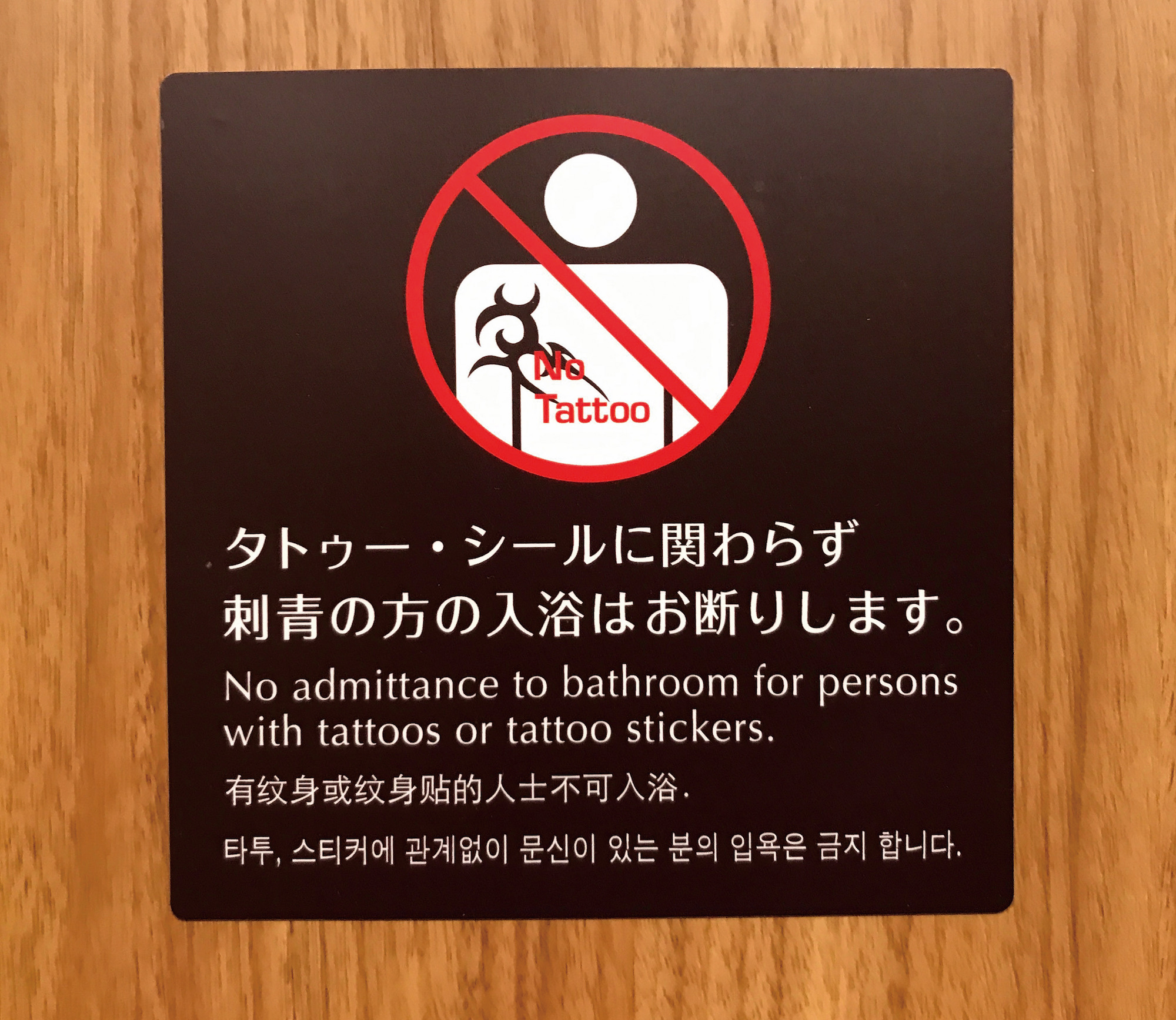
First and foremost, we need to talk about tattoos. Many onsen have signs that expressly state, “Anyone with tattoos shall not be admitted.” This is because tattoos have long been associated with anti-social groups that announce their oft-intimidating presence by flaunting their irezumi, as tattoos are called in Japan. The rules were put in place to keep crime figures and thugs away.
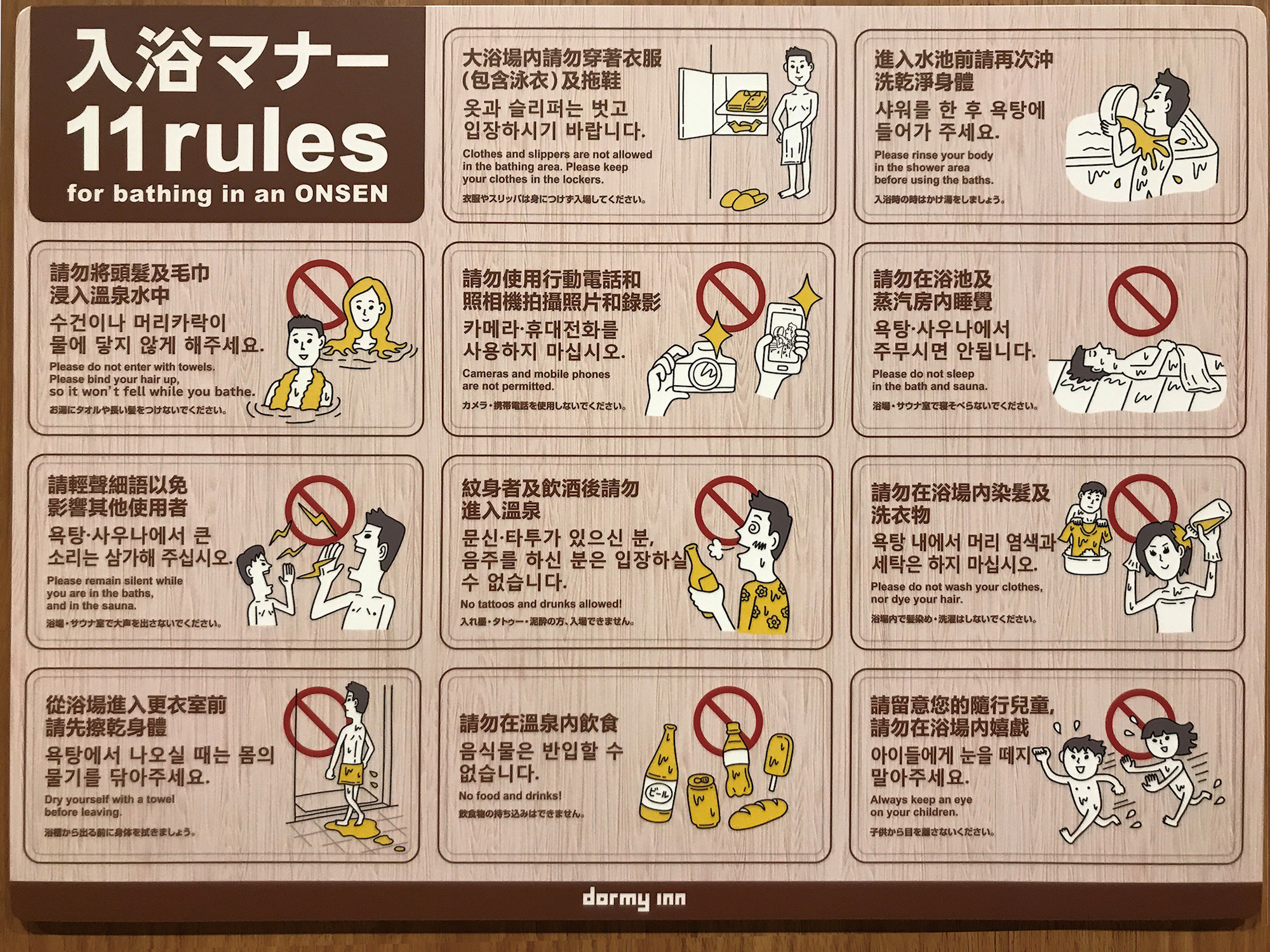
As Japan has awoken to a world where tattoos are more fashion symbol than threat, more and more facilities are easing their restrictions on tattoos, especially when it comes to foreigners. However, there are still onsen facilities that strictly enforce this rule. In other Asian countries, tattoos are still used as markers of affiliation with anti-social groups, and some onsen innkeepers would rather keep the tattoo ban in place to keep those people out. If you are all tatted up, make sure to find a tattoo-friendly onsen to enjoy.



